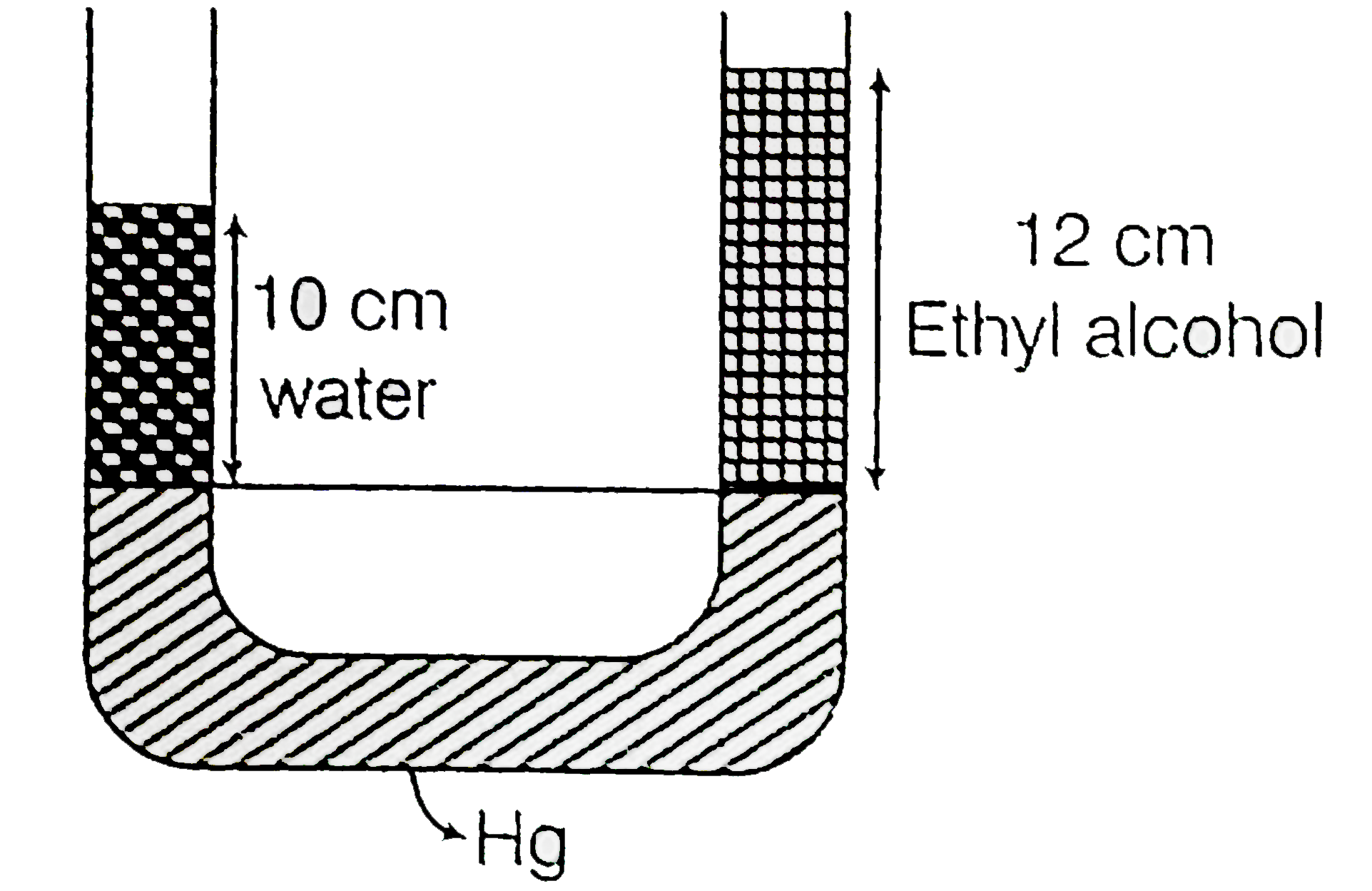Which of the following is boiled with ethyl chloride for the preparation of ethyl alcohol?
Alc.KOH
Aq.KOH
Conc.H2SO4
H2O2
The correct Answer is:B
To determine which reagent can be boiled with ethyl chloride (C2H5Cl) to prepare ethyl alcohol (C2H5OH), we will analyze the given options step by step.
Step 1: Understanding the Reaction
Ethyl chloride (C2H5Cl) can undergo different types of reactions depending on the reagent used. We need to identify which reagent will lead to the formation of ethyl alcohol.
Step 2: Analyzing the Reagents
1. Alcoholic KOH:
- Alcoholic KOH typically promotes elimination reactions (dehydrohalogenation) rather than substitution.
- When ethyl chloride is treated with alcoholic KOH, it will lead to the formation of ethene (C2H4) instead of ethyl alcohol.
- Conclusion: This option does not yield ethyl alcohol.
2. Aqueous KOH:
- Aqueous KOH facilitates nucleophilic substitution reactions.
- In this case, the hydroxide ion (OH-) from aqueous KOH will attack the carbon atom bonded to chlorine in ethyl chloride.
- This reaction follows the SN2 mechanism, resulting in the substitution of Cl with OH, thus forming ethyl alcohol (C2H5OH).
- Conclusion: This option yields ethyl alcohol.
3. Concentrated H2SO4:
- Concentrated sulfuric acid is a dehydrating agent and promotes elimination reactions.
- If ethyl chloride is treated with concentrated H2SO4, it will not lead to the formation of ethyl alcohol but may lead to the formation of alkenes or other products.
- Conclusion: This option does not yield ethyl alcohol.
4. H2O2 (Hydrogen Peroxide):
- Hydrogen peroxide is an oxidizing agent and does not participate in the formation of alcohols from haloalkanes.
- The reaction of ethyl chloride with H2O2 would not yield ethyl alcohol; it may lead to the formation of peroxides instead.
- Conclusion: This option does not yield ethyl alcohol.
Final Conclusion
The only reagent that, when boiled with ethyl chloride, leads to the preparation of ethyl alcohol is aqueous KOH.
Answer: Aqueous KOH
---
Ethyl chloride (C2H5Cl) can undergo different types of reactions depending on the reagent used. We need to identify which reagent will lead to the formation of ethyl alcohol.
1. Alcoholic KOH:
- Alcoholic KOH typically promotes elimination reactions (dehydrohalogenation) rather than substitution.
- When ethyl chloride is treated with alcoholic KOH, it will lead to the formation of ethene (C2H4) instead of ethyl alcohol.
- Conclusion: This option does not yield ethyl alcohol.
- Aqueous KOH facilitates nucleophilic substitution reactions.
- In this case, the hydroxide ion (OH-) from aqueous KOH will attack the carbon atom bonded to chlorine in ethyl chloride.
- This reaction follows the SN2 mechanism, resulting in the substitution of Cl with OH, thus forming ethyl alcohol (C2H5OH).
- Conclusion: This option yields ethyl alcohol.
- Concentrated sulfuric acid is a dehydrating agent and promotes elimination reactions.
- If ethyl chloride is treated with concentrated H2SO4, it will not lead to the formation of ethyl alcohol but may lead to the formation of alkenes or other products.
- Conclusion: This option does not yield ethyl alcohol.
- Hydrogen peroxide is an oxidizing agent and does not participate in the formation of alcohols from haloalkanes.
- The reaction of ethyl chloride with H2O2 would not yield ethyl alcohol; it may lead to the formation of peroxides instead.
- Conclusion: This option does not yield ethyl alcohol.
The only reagent that, when boiled with ethyl chloride, leads to the preparation of ethyl alcohol is aqueous KOH.
Topper's Solved these Questions
- HALOALKANES & HALOARENES BOOK - VMC MODULES ENGLISHCHAPTER - HALOALKANES & HALOARENES EXERCISE - ENABLE
99 Videos
- HALOALKANES & HALOARENES BOOK - VMC MODULES ENGLISHCHAPTER - HALOALKANES & HALOARENES EXERCISE - EFFICIENT
100 Videos
- ENVIRONMENTAL CHEMISTRYBOOK - VMC MODULES ENGLISHCHAPTER - ENVIRONMENTAL CHEMISTRYEXERCISE - JEE Main (Archive)
39 Videos
- HALOALKANES AND HALOARENESBOOK - VMC MODULES ENGLISHCHAPTER - HALOALKANES AND HALOARENESEXERCISE - IN-CHAPTER EXERCISE - F
6 Videos
Similar Questions
Knowledge Check
Ether is obtained from ethyl alcohol
Ain presence of H2SO4 at 413KBin presence of H2SO4 at 473KCin presence of H2SO4 at 483KDin presence of H2SO4 at 473K
Which one of the following alcoholic drink has the least proportion of ethyl alcohol in it ?
View SolutionGive balanced equation for the following reaction :
Acetyl chloride is treated with ethyl alcohol.
View SolutionState how the following conversions can be carried out:
Ethyl chloride to ethyl alcohol.
View SolutionThe final product of the oxidation of ethyl alcohol is
View SolutionEthyl bromide can be converted into ethyl alcohol by :
View SolutionThe preparation of ethyl acetoacetate involves
View SolutionState how the following conversions can be carried out:
(i) Ethyl chloride to Ethyl alcohol.
(ii) Ethyl chloride to Ethene.
(iii) Ethene to Ethyl alcohol.
(iv) Ethyl alcohol to Ethene.
View Solution

